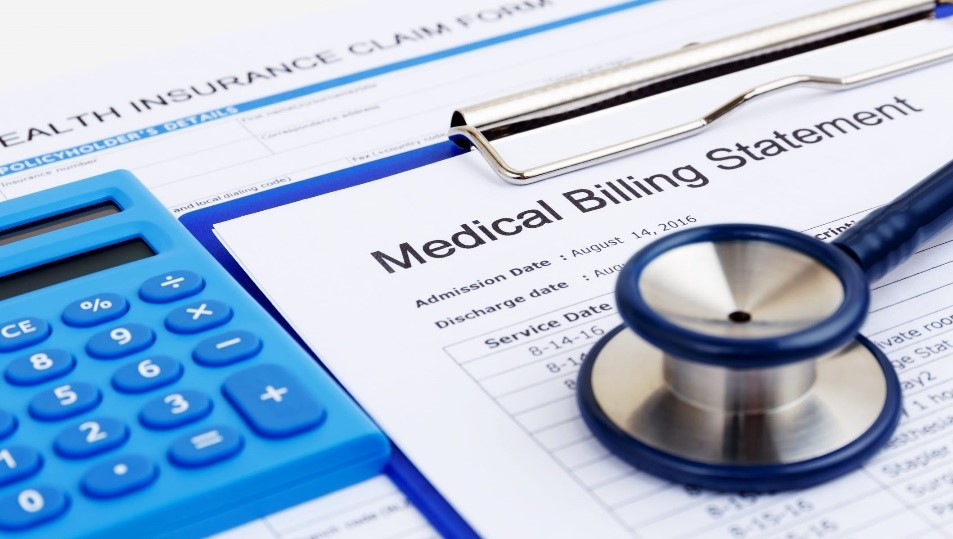If you've been in a car accident or trucking collision in North Carolina, you may find yourself buried under medical bills that don’t seem to match the compensation you're being offered. You weren’t at fault so why does it feel like the system is working against you?
One reason is North Carolina’s “billed vs. paid” rule, a law that directly limits what you can claim for medical expenses in your personal injury case. Without understanding this regulation, many injured individuals walk into settlement negotiations unprepared—and walk away with less than they expected.
What Is the “Billed vs. Paid” Rule?
As of October 1, 2011, North Carolina amended its civil procedure laws to adopt Rule 414, often referred to as the “Billed vs. Paid Rule.” Before this change, injured parties could present the total amount billed by healthcare providers as part of their claim for damages.
Now, that’s no longer the case.
Rule 414 – The Legal Text:
“Evidence offered to prove past medical expenses shall be limited to evidence of the amounts actually paid to satisfy the bills that have been satisfied... and evidence of the amounts actually necessary to satisfy the bills that have been incurred but not yet satisfied.” (2011-283, s. 1.1; 2011-317, s. 1.1.)
In simpler terms, you can only present the actual amount paid not the higher amount that might appear on your initial hospital bill. That often means your compensation for medical damages is significantly lower than the original charges.
Why This Matters: A Realistic Scenario
Let’s say you're like Sally, a hypothetical client injured in a car accident:
- Sally receives emergency treatment after the crash, resulting in a $60,000 hospital bill.
- Her health insurance company pays $25,000 of that total, based on a pre-negotiated rate.
- The remaining $35,000 is written off by the hospital.
- Under Rule 414, Sally can only claim $25,000 in medical expenses, not the full $60,000.
This drastically lowers her recovery potential, especially when negotiating for pain and suffering or other non-economic damages.
How It Affects Your Settlement or Jury Trial
Whether you're negotiating with an insurance adjuster or presenting your case to a jury, the “billed vs. paid” rule limits the evidence your attorney can use. This impacts your:
- Overall claim value
- Leverage in negotiations
- Ability to justify pain and suffering compensation
Insurance companies are fully aware of this limitation and often use it as a tactic to reduce settlement offers.
Don’t Navigate This Alone: Legal Guidance Can Maximize Your Recovery
North Carolina’s personal injury laws are uniquely complex. While you focus on recovery, an attorney can focus on strategy. Working with a lawyer who understands how to counter the effects of the “billed vs. paid” rule can make a major difference in your outcome.
Here’s what an experienced personal injury attorney can do:
- Evaluate your actual recoverable medical damages
- Build a case around all economic and non-economic losses
- Handle insurance communications with a full understanding of state-specific law
- Advocate for maximum compensation under the limits of Rule 414
Contact Shankle Law Firm in Charlotte, NC
If you’ve been injured in a car or truck accident in North Carolina, don’t risk leaving money on the table. Attorney Maggie Shankle and the team at Shankle Law Firm specialize in personal injury law and workers’ compensation. We understand how to work within the “billed vs. paid” system to fight for every dollar you deserve.
Call today for a free consultation and take the first step toward a stronger recovery.
*Please Note - The content on this website is for informational purposes only and does not constitute legal advice. Viewing this site, using information from it, or communicating with Shankle Law Firm, PA through this site does not create an attorney-client relationship. For legal advice tailored to your situation, please contact us directly at (704) 370-1212.

